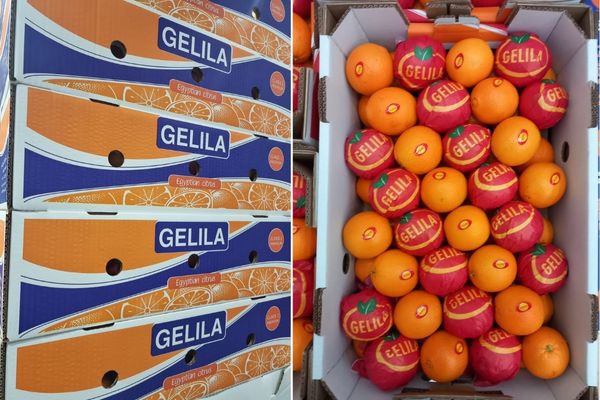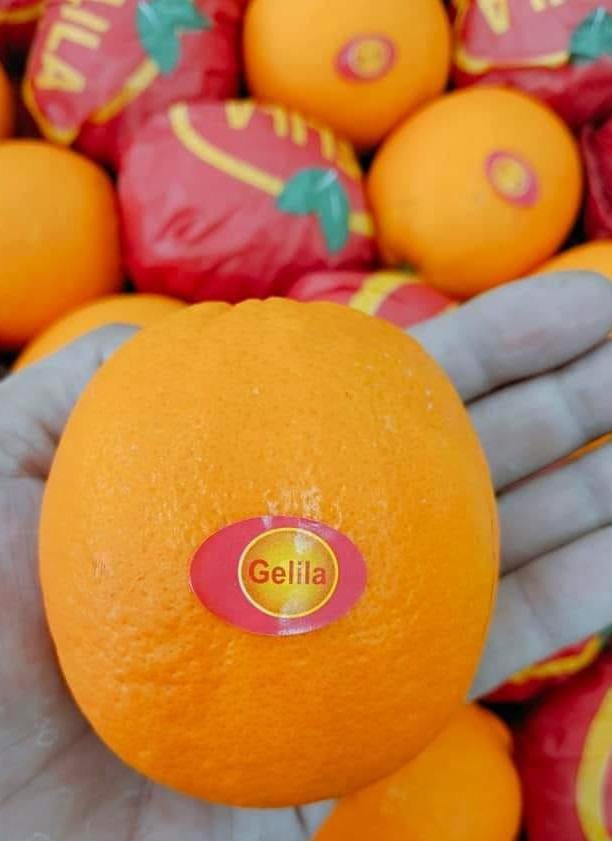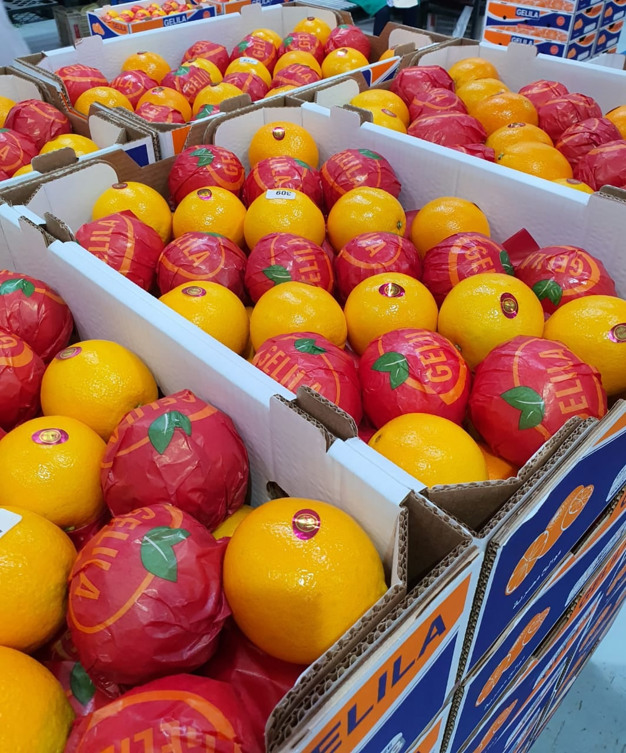The first half of the citrus season in Egypt has been a mixed success. According to Eslam Gelila of the Egyptian exporter Gelila, volumes have increased significantly, and demand has been very strong, but the problem of an abundance of small sizes has had an impact on exporters.
"This year, exported citrus volumes are estimated at 2 million tons, compared to 1.6 million tons last year."

"That's an increase of about 25%. Demand is clearly up as our traditional competitors have been affected by various problems, such as the earthquake in Turkey and the drought and increased production costs in Spain, given that the citrus season has not yet started in South Africa. Unfortunately, we have not taken full advantage of this situation since we have experienced a problem of insufficient large sizes" explains Gelila.
 It is well known that the Russian market is a major destination for Egyptian citrus, and this market requires large sizes, hence this difficult situation: "Usually, we ship 20-30 containers of citrus per week to Russia. This year, only 10 containers are shipped every week".
It is well known that the Russian market is a major destination for Egyptian citrus, and this market requires large sizes, hence this difficult situation: "Usually, we ship 20-30 containers of citrus per week to Russia. This year, only 10 containers are shipped every week".
Citrus traders on both sides have had to adapt. Egyptian exporters needed to balance large-size shipments, as many destinations - such as Vietnam, Brazil, Argentina, Ukraine, Romania, Hong Kong - require large-sized fruits, and Russian importers had to make concessions. "The Russians had no other choice but to accept medium sizes, and to buy elsewhere, especially from Turkey. Still, Russian citrus consumption has declined this year."
Egyptian exporters have had to look for other markets, according to Gelila: "European demand for Egyptian citrus is very strong this year. For example, Poland has significantly increased its imports of Egyptian citrus. We also delivered for the first time to some African countries such as Senegal and Guinea. The strong demand from the local Egyptian market, and from the food industries, also helped save the season."
 Gelila expects an increase in the acreage of Egyptian citrus next year: "There is a strong demand at the global level, and producers will obviously increase their volumes next season."
Gelila expects an increase in the acreage of Egyptian citrus next year: "There is a strong demand at the global level, and producers will obviously increase their volumes next season."
The exporter estimates this increase at about 20%. However, he says it will require significant logistical efforts: "The potato and onion crops are starting to be available, and with the large volumes of citrus, it will be necessary to ensure a smooth flow. In addition, another increase of freight costs should happen starting March 2023."
"Exporters will be challenged to support this growth with operational capacities. At Gelila, we are Egypt's largest exporter of onions and lemons, and the fourth largest exporter of oranges, and we believe in our ability to achieve this ambition," concludes Gelila.
For more information:
Eslam Gelila
Gelila
Tel. +20 100 000 4540
Email: ceo@gelila-eg.com
www.gelila-eg.com
